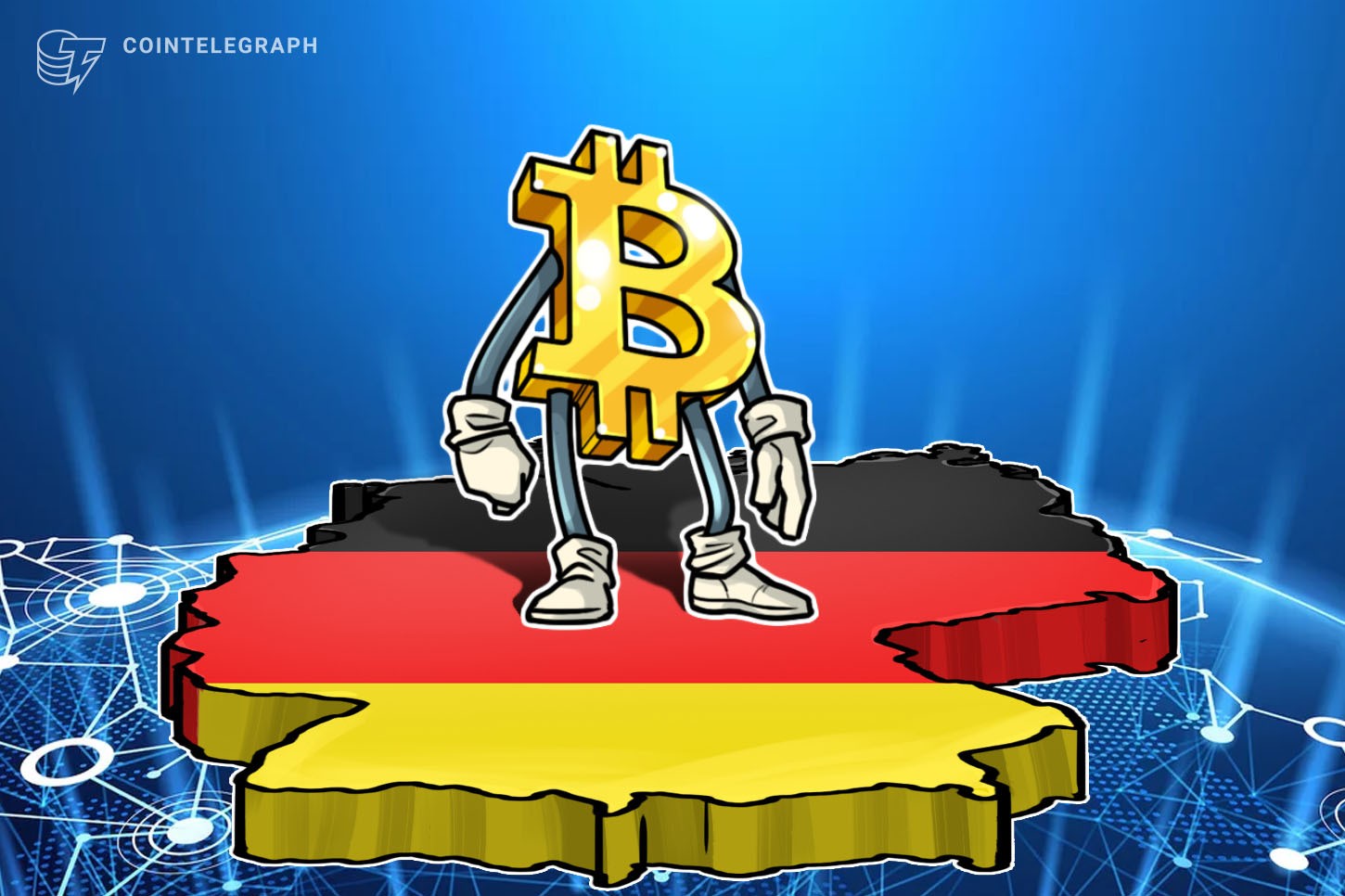Berlin was already turning into a hotspot, with plenty of merchants in the Kreuzberg neighborhood alone accounting for much of the currency’s payment processing.
And over the summer, Bitcoin exchange Bitcoin.de experienced a surge in in local traffic, thanks in large part to media attention.
Bitcoin Deutschland GmbH managing direct Oliver Flaskämper said that attitudes have shifted the Bitcoin narrative locally. While initial reports discussed the currency’s facilitation of online drug deals, the stories now focus more on growth and acceptance of Bitcoin.
The government itself has helped things along. In August, Germany’s Ministry of Finance announced that it did not consider Bitcoin to be either e-money or a functional currency. Rather, it regards it as “private money” or a “financial instrument.”
That allowed Bitcoin businesses the peace of mind of knowing on where in the law their activities fell.
And now Bitcoin.de users, it has been announced, will soon be free to trade on the platform almost in real time with a FidorPay giro account.
Back in Kreuzberg, Bitcoin business is booming. The bar and restaurant Room 77, on Graefestrasse, became the first brick-and-mortar business anywhere to accept Bitcoin payment. Its owner now says Room 77 processes about 10 BTC payments every day.
Also in September, German games publisher Bigpoint announced it would begin accepting Bitcoin payments for in-game purchases, available to all 330 million of its users.


